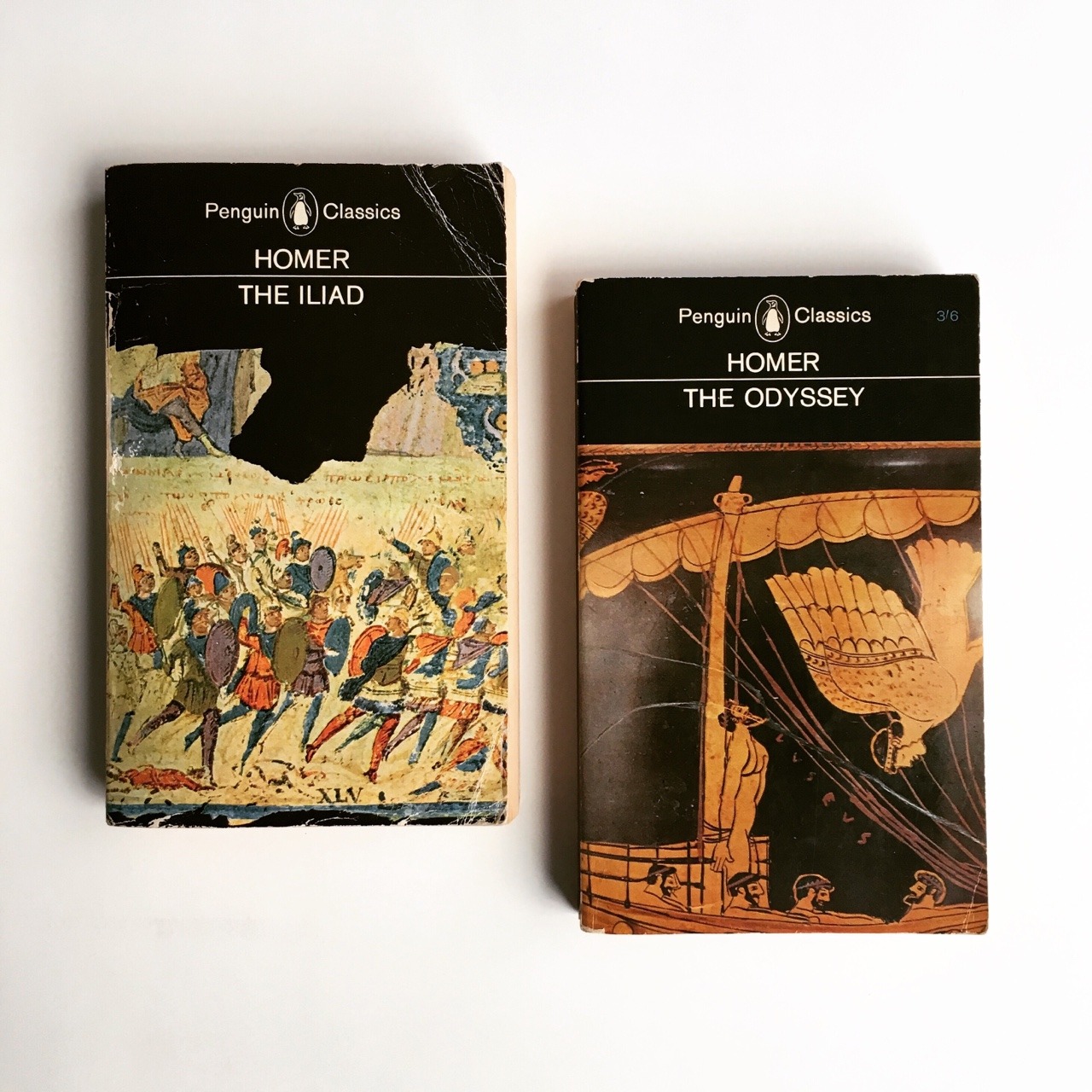

It's hard to imagine that this latest entry in the Books That Changed the World series will do much to excite further interest in the student or first-time reader of Homer. The Iliad and The Odyssey are both made by the Greek poet Homer, while The Aeneid is written by the Roman poet Virgil. Things pick up in a chapter examining Homer's imagery, but once again, Manguel trails off without taking his ideas anywhere. But why? Specifics are scarce, while great claims are made-“The epic of Gilgamesh and the stories of the ancient Egyptians stir in our prehistory, but Homer and his poems are the beginning of all our stories”-supported only with more bald assertions.

In one Arabic telling of the Trojan War, Agamemnon is made the “secret protagonist,” we are told. But most of his anecdotes, though engaging, are disconnected from any central argument. Iliad, epic poem in 24 books traditionally attributed to the ancient Greek poet Homer. Set during the Trojan War, the ten-year siege of the city of. ) is perfectly cut out for the job, armed as he is with a wealth of stories about scholars and translators through the ages. The Iliad is an ancient Greek epic poem in dactylic hexameter, traditionally attributed to Homer. Modern retellings of these stories are often sold together, like two parts of a single series. It's a great idea: a survey history of how Homer has been read throughout history, taking in Roman Homer, Christian Homer, Alexander Pope's Homer and Homer in Islam, among others. The Odyssey is largely a sequel to the Iliad, both of them being attributed to Homer and describing events which are roughly part of a single overall story (Odysseus first fighting in the Trojan War and then returning home).


 0 kommentar(er)
0 kommentar(er)
